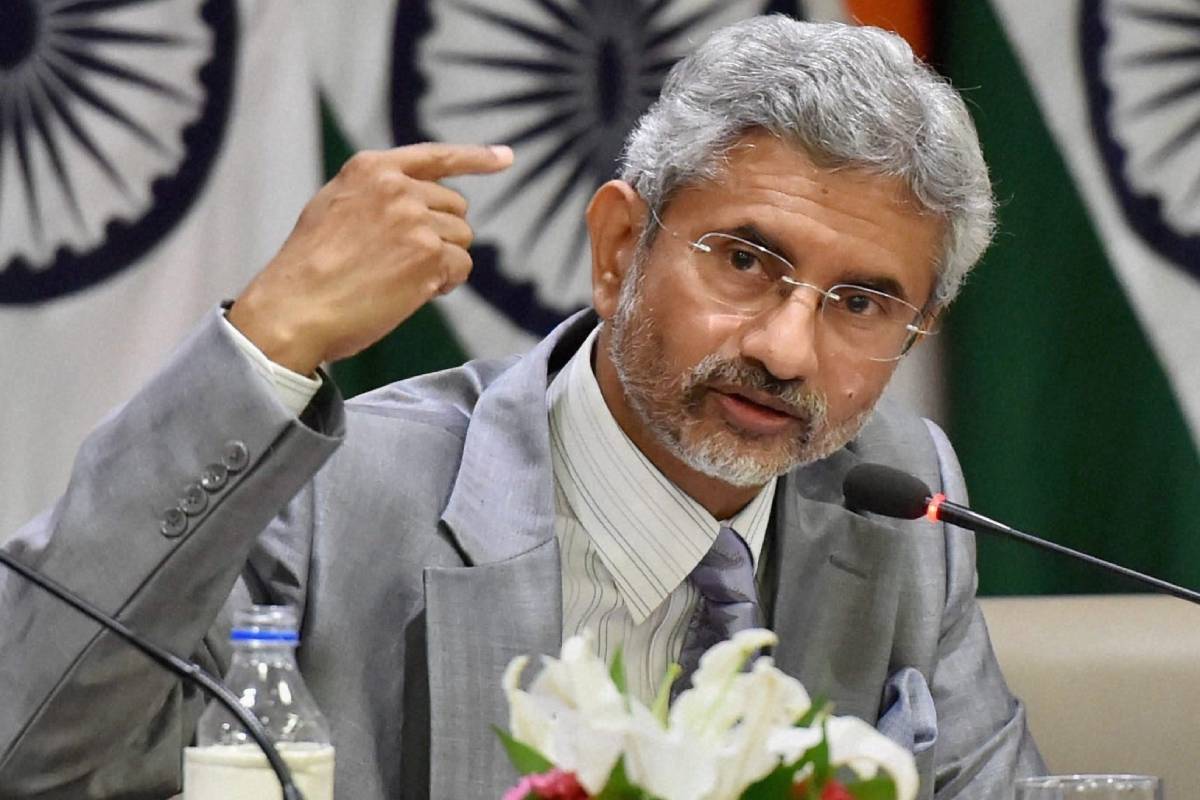Recalibrating China policy
Political rhetoric is on the rise these days throughout the country. All want to win the election and form the next government in the country.
The minister said the people-centric outlook of the service is amply manifested, at home and abroad.

File Photo
Indian Foreign Service (IFS) will grow from strength to strength in the coming years and will help advance India’s interests globally, said External Affairs Minister (EAM) S Jaishankar on Sunday as he greeted the members of foreign service on the IFS Day 2022.
“Greetings to members of the Indian Foreign Service on #IFS Day 2022. In a rapidly changing world, they strive everyday to advance India’s interests, expand our footprint and enhance our standing,” Jaishankar tweeted.
The minister said the people-centric outlook of the service is amply manifested, at home and abroad.
Advertisement
“The splendid manner in which it rose to the challenges of Operation Ganga was recognised by the entire nation,” he said in another tweet.
The external affairs minister expressed confidence that IFS will grow in the coming years and will reflect a new and confident India.
“Confident that the IFS will grow from strength to strength in the coming years. It will reflect a new and confident India, even as it helps meet our national goals for 2047,” he said.
According to the Ministry of External Affairs (MEA), the origin of the Indian Foreign Service can be traced back to British rule when the Foreign Department was created to conduct business with the “Foreign European Powers”.
Subsequently known as the “Indian Foreign Department”, it went ahead with the expansion of diplomatic representation, wherever necessary, to protect British interests, the MEA said.
In September 1946, on the eve of India’s independence, the Government of India decided to create a service called the Indian Foreign Service for India’s diplomatic, consular and commercial representation overseas.
In 1947, there was a near seamless transformation of the Foreign and Political department of the British Indian government into what then became the new Ministry of External Affairs and Commonwealth Relations and in 1948 the first batch recruited under the combined Civil service examination system of the Union Public Service Commission joined the service.
This system of entry has remained the staple mode of intake into the IFS to this day.
Advertisement